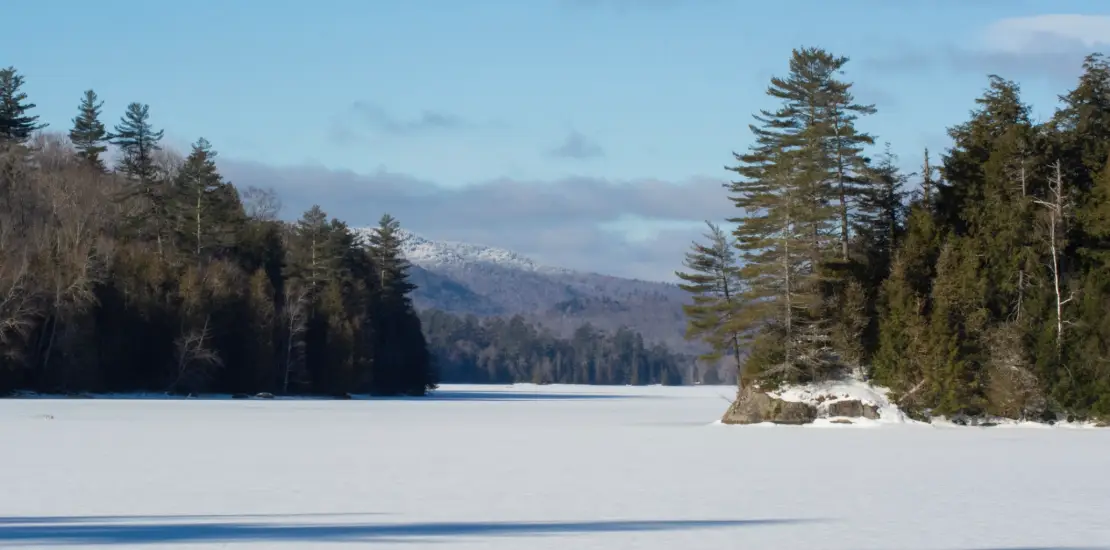Mud Season Movies are back at the AIC!
April 6th - Eclipse Over America
On August 21, 2017, millions of Americans witnessed the first total solar eclipse to cross the continental United States in 99 years. As in all total solar eclipses, the moon blocked the sun and revealed its ethereal outer atmosphere - its corona - in a wondrous celestial spectacle. While hordes of citizens flocked to the eclipse's path of totality, scientists, too, staked out spots for a very different reason: to investigate the secrets of the sun's elusive atmosphere. During the eclipse's precious seconds of darkness, they gathered new clues on how our sun works, how it can produce deadly solar storms, and why its atmosphere is so hot. NOVA investigates the storied history of solar eclipse science, and joins both seasoned and citizen-scientists alike as they don their eclipse glasses, tune their telescopes, and behold the Eclipse Over America
April 13th - My Garden of a Thousand Bees
A story of surprise and revelation. Martin Dohrn, a veteran wildlife filmmaker and a bee enthusiast, embarked on a special challenge during the COVID-19 lockdown of 2020: to film all the bees he could find in his tiny urban garden in Bristol, England. By the end of the summer, he became bee obsessed and developed relationships with some individuals.
April 20th - Bat Superpowers
Could the source of the world's deadliest viruses hold the secret to a healthier and longer life? Bats have a sinister reputation as potential sources for some of the deadliest disease outbreaks: Ebola, MERS, SARS, and most recently, SARS-CoV-2, the virus behind the COVID-19 global pandemic.
April 27th - Facing the Climate Change
NOVA explores ways that scientists are facing the climate challenge.
Weathering the Future: As extreme weather in the U.S. impacts more people–with longer heat waves, more intense rainstorms, megafires, and droughts–discover how Americans are fighting back by marshaling ancient wisdom and innovating new solutions.
Chasing Carbon Zero: The U.S. recently set an ambitious climate change goal: zero carbon emissions by 2050. And to achieve that, slash emissions in half by 2030. Is it possible? And what kind of technology would it take? Meet scientists and engineers who are convinced we can achieve carbon zero in time to avoid the biggest impacts of climate change.
Arctic Sinkholes: Scientists investigate colossal explosions in Siberia and other evidence that rapidly melting soil in the Arctic is releasing vast amounts of methane, a potent greenhouse gas. What are the implications for our climate future?

